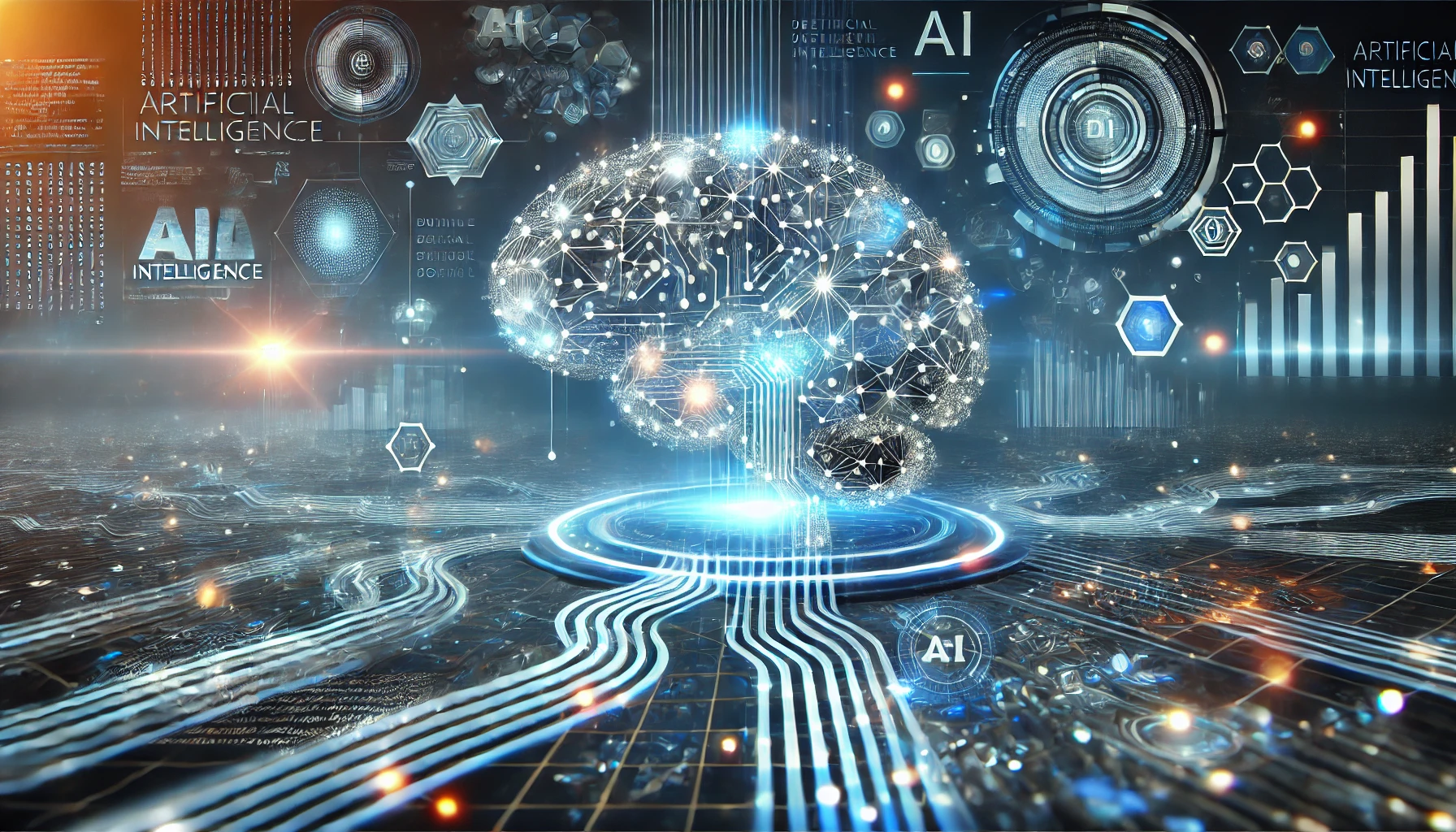The digital era has ushered in an unprecedented demand for data processing, storage, and management. As data centers become the backbone of modern technology infrastructure, the integration of artificial intelligence (AI) is poised to revolutionize their operation and efficiency. AI-driven data centers promise to enhance performance, reduce operational costs, and adapt to the ever-increasing data demands with minimal human intervention.
Autonomous Data Centers
Self-Managing Systems
The concept of autonomous data centers revolves around self-managing systems. AI can enable these centers to operate with minimal human oversight by continuously monitoring and adjusting resources and configurations. Through advanced machine learning algorithms, AI systems can predict and respond to potential issues before they escalate, ensuring optimal performance and reliability. This self-regulating ability not only minimizes downtime but also significantly reduces the need for manual intervention, allowing human resources to focus on more strategic tasks. Learn more about How artificial intelligence works for data center networking.
AI-Driven Decision Making
AI’s real-time decision-making capabilities are transformative for data centers. These systems can manage workloads efficiently, dynamically allocating resources based on current demands. AI can optimize power distribution, reducing energy consumption and operational costs. Additionally, AI-driven cooling systems adjust temperatures precisely, maintaining an optimal environment while conserving energy. This level of automation enhances overall efficiency, leading to more sustainable and cost-effective data center operations.

Data Center Design and Planning
AI in Design
AI is also revolutionizing the design and planning phases of data centers. By analyzing vast datasets and simulating various scenarios, AI can assist architects and engineers in creating more efficient and scalable designs. This includes optimizing physical layouts to enhance airflow and cooling, predicting future expansion needs, and identifying potential bottlenecks before they become problematic. AI-driven design ensures that data centers are built to handle current demands and future growth seamlessly. Building Artificial Intelligence Data Center Networks with High-Speed 400G Modules.
Capacity Planning
Accurate capacity planning is critical for data centers to meet future demands without over-provisioning resources. AI excels in forecasting future needs by analyzing historical data, current trends, and predictive analytics. This enables data center managers to plan and allocate resources more effectively, ensuring that they are prepared for future growth while avoiding unnecessary expenses. AI-driven capacity planning helps maintain a balance between performance and cost-efficiency, ensuring that data centers can scale as needed without significant overhauls.
Challenges and Considerations
Data Privacy
While AI offers numerous benefits, it also raises significant challenges, particularly concerning data privacy. The integration of AI in data centers necessitates strict compliance with data protection regulations such as GDPR and CCPA. AI can help by automating compliance checks, identifying potential vulnerabilities, and ensuring that data handling practices adhere to legal standards. However, the challenge remains in balancing the use of AI for enhanced operations with the stringent requirements of data privacy and security.
Integration with Existing Systems
Another significant challenge is integrating AI with existing legacy systems. Many data centers operate on older infrastructure that may not be compatible with advanced AI technologies. This integration requires robust infrastructure upgrades and significant investment, posing a barrier for many organizations. Ensuring seamless integration involves addressing compatibility issues, training personnel to manage AI systems, and gradually transitioning from legacy systems to AI-enhanced operations. This process can be complex and resource-intensive but is essential for leveraging AI’s full potential.
Case Studies
Real-World Examples
Several companies have successfully implemented AI in their data centers, showcasing the transformative potential of this technology. For instance, Google has employed AI to optimize its data center cooling systems, resulting in a 40% reduction in energy consumption. Similarly, IBM uses AI-driven analytics to manage its data center operations, improving efficiency and reliability.
Lessons Learned
These case studies provide valuable insights into the benefits and challenges of AI integration. Key lessons include the importance of a phased implementation approach, the need for continuous monitoring and adjustments, and the critical role of skilled personnel in managing AI systems. The benefits realized, such as reduced operational costs, enhanced performance, and improved sustainability, underscore the value of investing in AI-driven innovations.
Future Trends
AI and Edge Computing
The future of data centers will likely see a synergy between AI and edge computing. As data generation moves closer to the source, edge computing reduces latency and improves real-time processing. AI can enhance edge computing by enabling smarter data processing and management at the edge, leading to more efficient and responsive data center architectures. This trend is expected to transform how data centers operate, providing faster and more localized data services.
AI-Enhanced Security
Security is a critical concern for data centers, and AI is set to play a pivotal role in enhancing it. AI-driven security systems can detect and respond to threats in real-time, leveraging machine learning to identify unusual patterns and potential breaches. As cyber threats evolve, AI will continue to advance, providing robust and adaptive security measures that protect sensitive data and infrastructure.
Conclusion
AI-driven innovations are set to redefine the future of data centers, offering unprecedented levels of efficiency, scalability, and sustainability. However, these advancements come with challenges, including data privacy concerns and the need for seamless integration with existing systems. By staying ahead of these innovations and addressing the associated challenges, organizations can harness the full potential of AI to transform their data center operations. As AI continues to evolve, it will undoubtedly play a crucial role in shaping the future of the data center industry, driving progress and innovation in the digital age.





